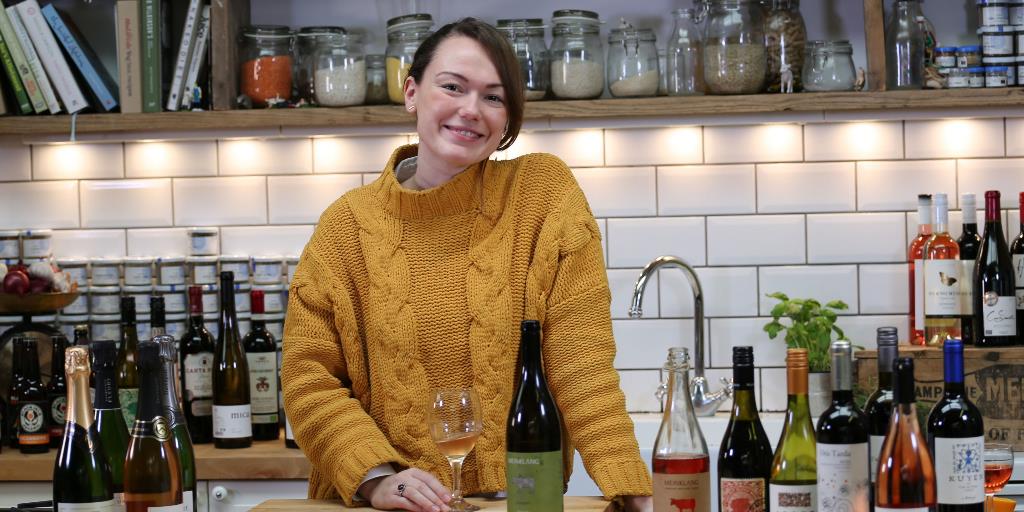Meet Honey Spencer, our new sommelier extraordinaire. She’s here to uncork the mysteries of organic wine and give us her top wine picks for the Summer.
Cheers, Honey!

Honey helps us select the very best organic wine and we work hard with our suppliers to offer a dynamic range of wines that are both ethically-made with respect to the environment and just delicious wines to drink.
“There are so many reasons to drink organic wine these days from protecting the planet by reducing chemical use in the soil to protecting our heads the next day. Organic wines can taste a bit different but just as we embrace new ingredients and dishes, we should embrace new flavours and aromas in wine; they each have provenance and cultural importance and demonstrate where they’re from.”
Honey's top wine picks
Meinklang Estate Graupert Pinot Gris - Burgenland, Austria
There’s a lot of chat about orange or ‘skin-macerated’ wines at the moment but this one really is one not to miss. Made with 100% Pinot Grigio in Burgenland, Austria, the hand-picked grapes spend 2-3 weeks macerating with their skins before being pressed, giving a darker colour and more structure than a normal white wine. The resulting wine is rose gold in colour and can be slightly cloudy as it hasn’t been filtered, leaving more antioxidants in the wine (amen!). Flavour-wise, expect grapefruit peel, nectarine with hazelnut contours. Orange wines are amazingly food friendly due to their tannins and work perfectly with umami flavours such as mushroom, pork, chicken and miso. Try with this fantastic Japanese Miso Stir Fry Sticky Rice recipe.
Spanish wine is having a bit of a lull in its reputation these days. Yes, our love for Hollywood-esque Rioja and salty, fresh Albariño ebs on, but for such a vast wine-making region, not much by way of other news makes it to the grape vine (apologies). Monastrell (also known as Mourvèdre in France)is one of the varieties that works hard in blends across the World (Châteauneuf du Pape and Bandol for example) but single varietal expressions are rarely championed, despite being Spain’s fourth most-planted variety. Monastrell’s small berries are prone to producing muscular and brooding wines, packed with concentration and aromas of black cherries, cigar boxes and Allspice. Here in Spain’s Jumilla region, the grapes have a fairly easy time ripening and the resulting wines can be fairly soft and juicy but nonetheless delicious with good weight.
Monastrell is an absolute dream when paired with slow-cooked or dark meats such as duck. Try Middle Eastern Duck with Spiced Barley and Chard for a spice fusion to remember.
Fleury Champagne - Aube, France
When it comes to Champagne, the Fleury Estate in the Côte des Bar is one of my favourite hidden gems. Also known as Aube, this Southern slice of Champagne shares more soil in common with its neighbour Chablis than the rest of Champagne and for years has been the region’s rebellious underdog, with more small production organic and biodynamic artisanal growers than anywhere else. Domaine Fleury has been in the biodynamic game since 1989 making them veritable Godfathers of the now very in-vogue movement which champions soil health over elaborate winery techniques. Their wines - frequently made from Pinot Noir and Pinot Blanc - are ethereally pure, full of life and very much the paramount Summer aperitif.


